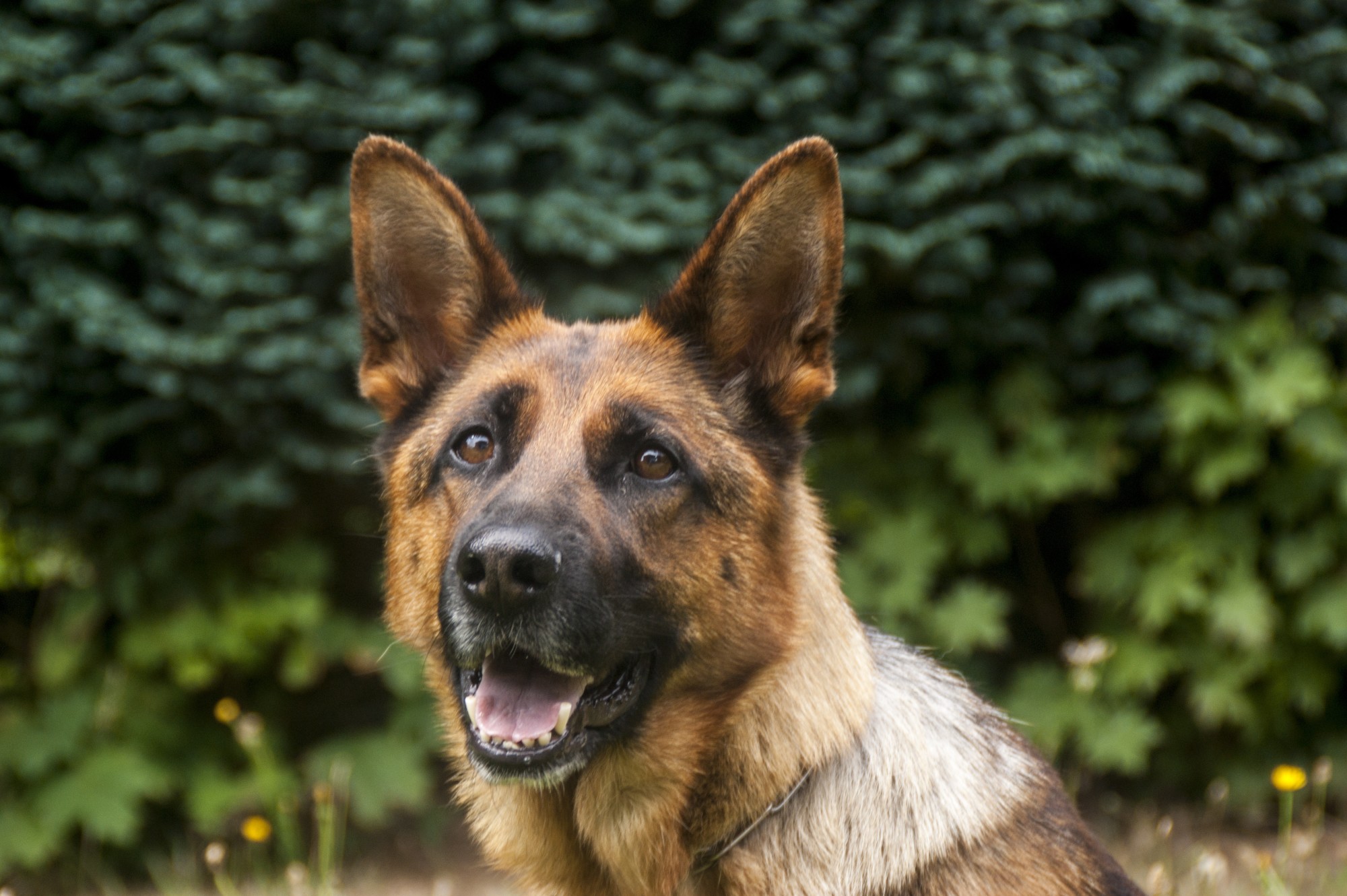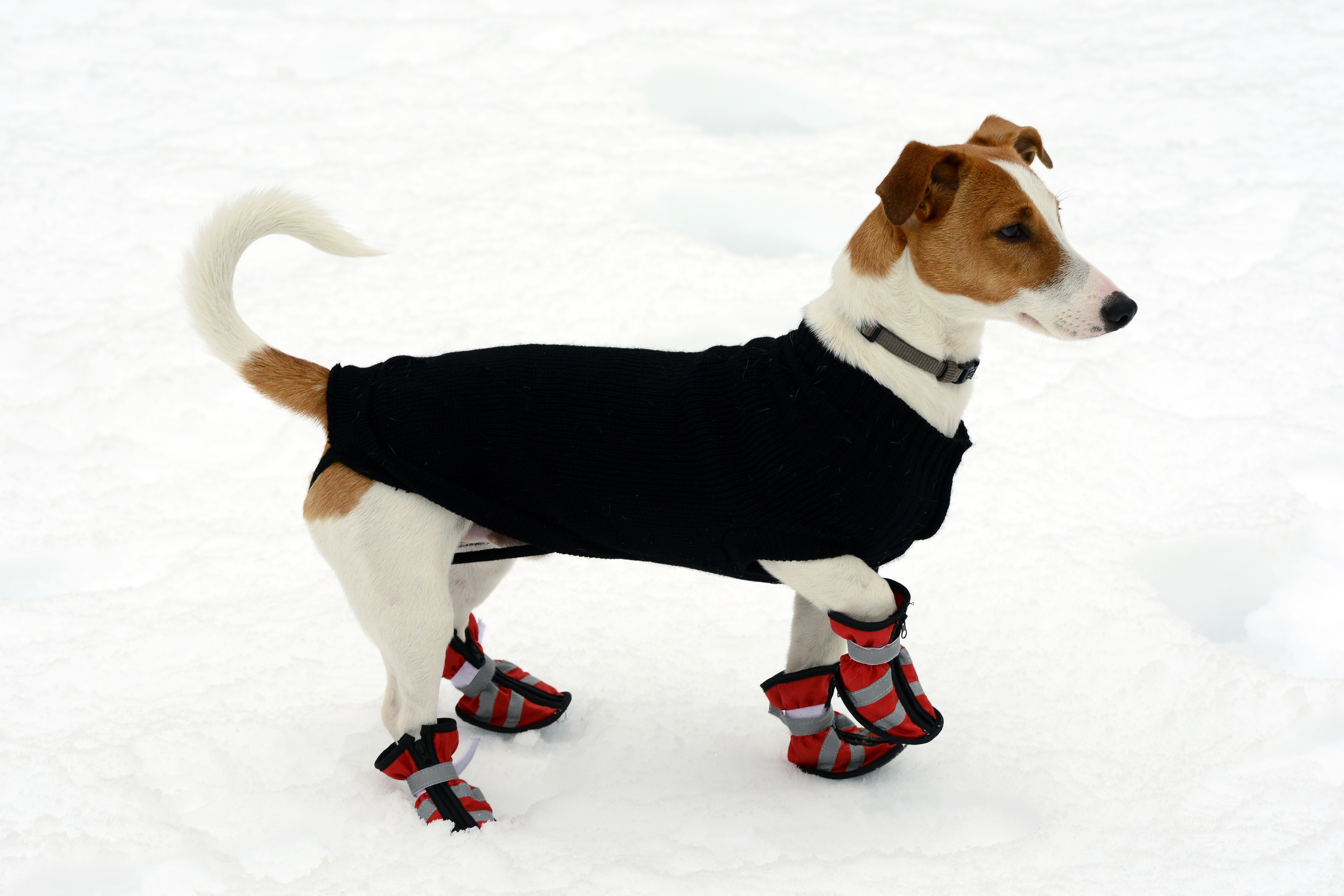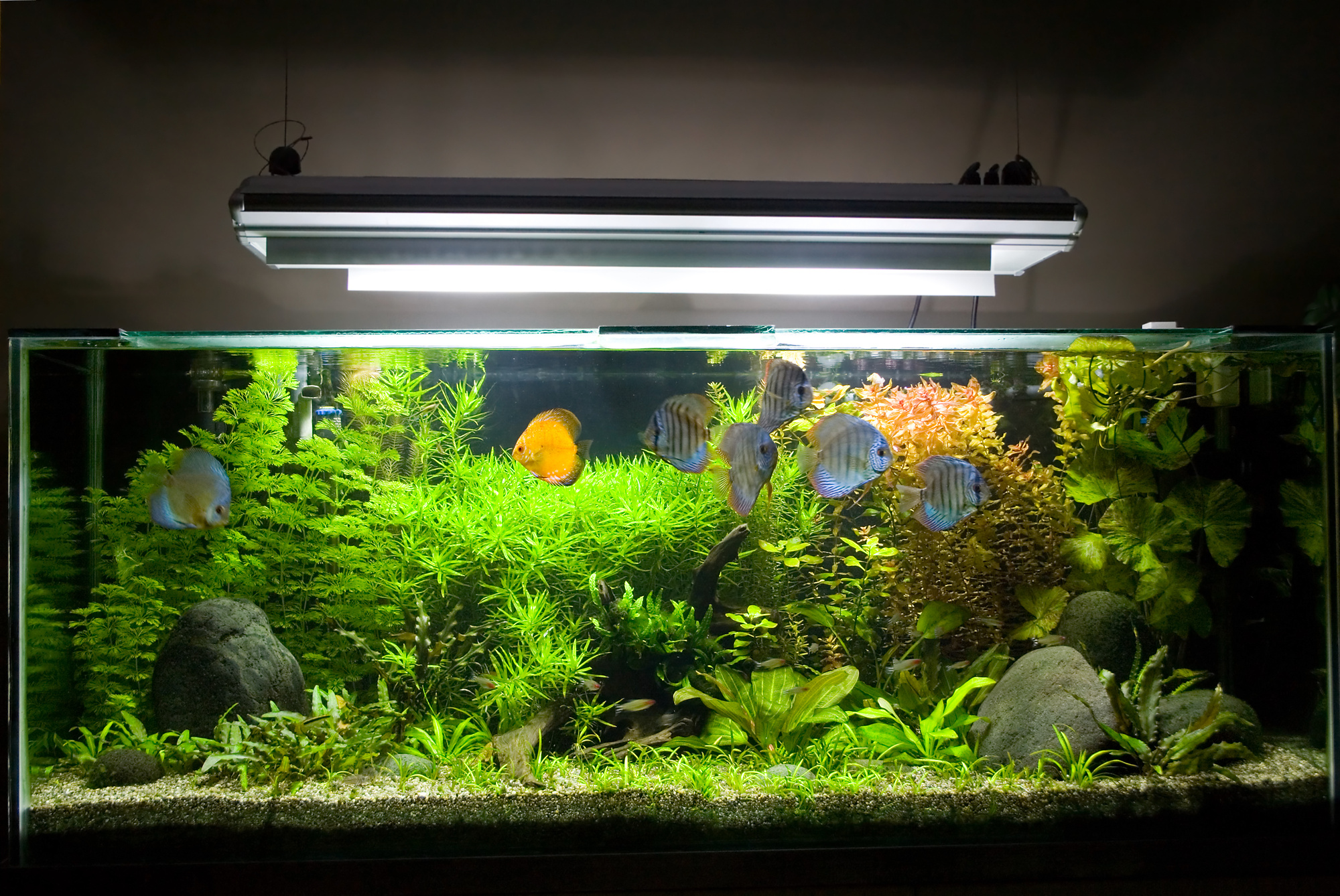The Ultimate Guide to Caring for Older Dogs

You know what they say; you can’t teach an old dog new tricks. But you can keep your old dog happy. Okay, so that’s not exactly the saying, but it’s partly correct. Just because your dog is old doesn’t mean that your trusted companion can’t live out their life in total bliss.
And what brings a pooch total bliss? Tender love and care from their owner. That’s you! As your dog ages, they need a little extra attention to stay healthy, safe, and comfortable. There’s no reason you and your dog can’t live a happy, healthy, long life.
So today, we want to help make that happen. We’re bringing you our ultimate guide to caring for older dogs.
Portion Control
Always practice portion control when feeding your dog. Dogs don’t stop eating when they’re full. They lack the, ahem, knowledge, to control their own portions. Most pooches will devour as much food as you let them. Overeating can lead to heart disease, diabetes, cancer, skin disease, and more.
This advice applies to dogs of all ages. However, older dogs are even more susceptible to illnesses. An overweight, older dog, sadly, won’t live much longer.
Try to feed your dog foods that are both high in protein and low in carbohydrates. Some people also choose to feed a natural diet.
Diet Continued
Not only do older dogs benefit from portion control, but what they’re eating can also affect their quality of life. Like humans, dogs need balanced diets to stay healthy.
Older dogs should eat fatty acids such as DHA and EPA. The fatty acids help with arthritis and joint disease. Glucosamine and chondroitin can also help keep older dogs limber.
You should also consider reducing your dog’s sodium intake. Too much salt can cause dogs many of the same metabolic problems that they can cause humans.
Exercise
Dogs can thrive in all sorts of environments. Live in the country? Maybe your dog roams free. How about living in the city? Your dog likely enjoys walks in the park. But the one thing all dogs need? Exercise!
Older dogs need exercise just as much as younger dogs. Read that sentence again. Notice we didn’t say older dogs need to exercise as much as younger dogs. Older dogs need exercise in moderation.
Start your older dog off with minimal exercise and slowly increase their exercise. Walking is probably best to begin. Your dog will slowly start letting you know when they’re ready to start running.
Vet Check-Ups
Older dogs need veterinarian checkups more often than younger dogs. Again, think people. Older people go to the doctor more often than younger people. Dogs are the same way. Age increases the probability that something goes wrong.
Always ask your vet for a complete body evaluation. That includes checking for weight issues, organ check-ups, eye exams, ear exams, joint exams, etc.
Also tell your vet about any changes in your dog’s demeanor, eating habits, bathroom habits, etc. Small things could indicate huge issues.
Dental Health
Does your dog have bad breath? Are they struggling to eat treats? Older dogs commonly suffer from dental issues. Old age brings on tooth decay, gum disease, and even loose teeth.
Any of these issues at best give your dog stinky breath, and at worst make eating painful or even impossible.
So how can you help? Easy. Brush your dog’s teeth, or let your vet brush your dog’s teeth. Your dog’s dental hygiene is more important than most people think.
Look for a Distended Belly
A distended what? Have you ever felt bloated? Like your stomach was sticking out farther than usual? That’s called a distended belly, also known as a stomach pooch. The causes are many, but for the most part, distended belly isn’t something to worry about.
Dogs are a different story. If your dog has a distended belly the chances are there’s something seriously wrong. After all, dogs don’t drink fizzy drinks that cause a bloated stomach.
Elderly dogs with a bloated stomach are usually suffering from excess stomach fat. That fat puts pressure on the belly which can put pressure on the bladder and cause urinary incontinence.
However, this type of bloating is extremely minor. Your dog’s stomach might not even look bloated.
The severe type of bloating is called gastric dilatation and volvulus. GDV happens when a dog’s stomach rotates, trapping gas inside that causes the stomach to expand and cut off blood supply.
Older dogs are at increased risk for GDV.
Toys!
Older dogs love comfort. They want you to notice them; to play with them. Remember when that old dog was a puppy? The running, jumping, barking, and fetching? Your dog is still that puppy, only older.
Make sure your old dog has toys to play with. They might not run, jump, and fetch, but your dog will enjoy knawing on bones (great for their teeth) and playing gentle tug of war.
Caring for Older Dogs
Caring for your older dog ensure you’ll have a friend for years to come. Plus, it makes sure your dog enjoys life to the fullest. After all, we just want what’s best for our best friends.
When caring for older dogs, try to keep them happy, healthy, and relaxed. Not only will your dog appreciate you, but they’ll stay younger for longer.
If you enjoyed this article and are looking for more interesting articles, keep up with our blog. We cover the interesting things in life. We also strive to help you find the information you probably won’t find elsewhere.
And if there’s a story you want to hear, let us know. We’d love to produce content that you’re interested in reading.



